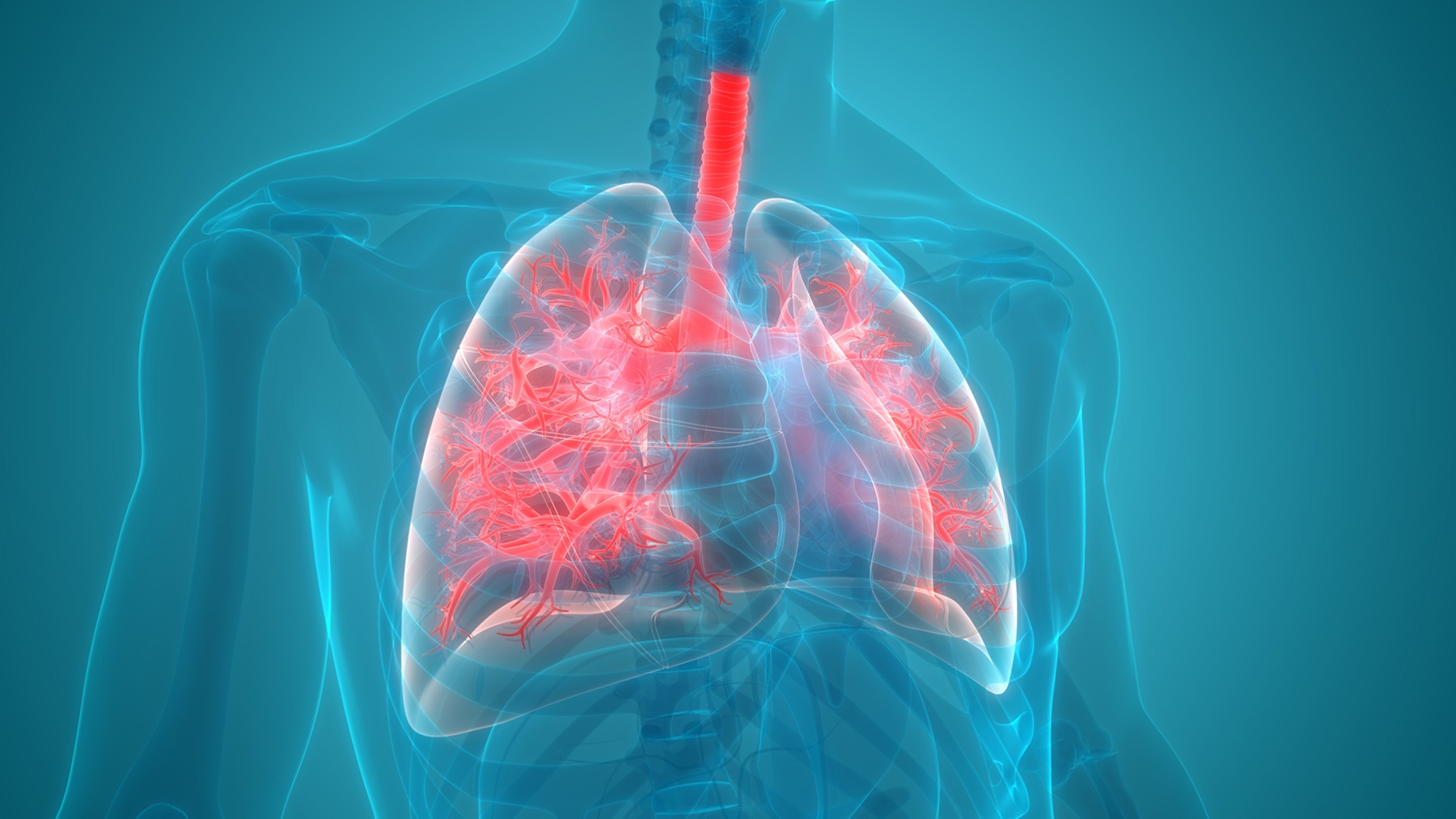Pneumoconiosis bears a high prevalence of chronic obstructive pulmonary disease (COPD), respiratory morbidity, and mortality. Therefore, researchers sought to examine patient characteristics and adherence to inhaled therapy among pneumoconiosis with COPD in a real-world clinical setting.
In this cohort study, researchers assessed 213 participants with COPD prescribed at least one type of long-acting inhaled drug. The population of interest was followed for adherence for two years. Demographic and COPD-related characteristics were collected at baseline.
According to the results, over half (57%) of patients were non-adherent to inhaled therapy. They observed that the most common reason for non-adherence was “relief of symptoms after short-term controller medication use.” The researchers observed that those who were non-adherent reported higher body mass index, fewer acute exacerbation events in the last year, higher pre-forced expiratory volume (FEV1) value, higher post-FEV1 value, and lower COPD Assessment Test and Modified Medical Research Council Dyspnea Scale scores compared with treatment-adherent patients. High pre-FEV1 value (odds ratio=1.04) and low mMRC scores (odds ratio=0.406) were risk factors associated with non-adherence.
“A majority of pneumoconiosis patients complicated with COPD have suboptimal inhaled therapy adherence. Evidence-based, adherence-enhancing interventions should be targeted on less severe subjects,” the researchers concluded.
Keywords: 6MWT, COPD, Emphysema, Exercise induced desaturation, FEV(1)/lung function









